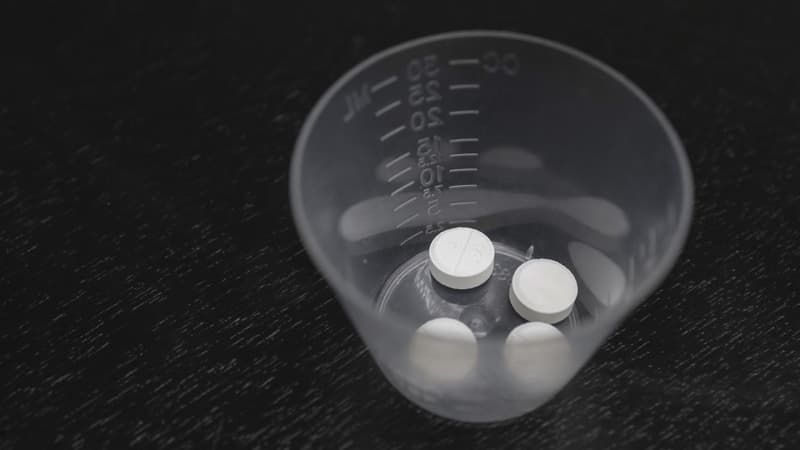What is happening with abortion pills in France? In a press release published on its website on April 13, the Observatory for Transparency in Medicines Policies stated that there was a “shortage and shortage” of abortion pills on the part of associations, doctors and midwives. In question, misoprostol, one of the two drugs to take when voluntary medical interruption of pregnancy is used.
The association that promotes transparency in the pharmaceutical sector especially warned in a tweet on April 14 about pharmacies in Lille and “different places in the Paris region.”
Planned Parenthood shares this observation. In Lille, currently, “there is no easy access” to this drug, while “we cannot tell a woman, ‘come back in a fortnight’, that is not possible,” Véronique Sehier, a member of BFM Lille, told BFM on Tuesday. the city’s Family Planning Board.
In a tweet published on Tuesday, the League for Human Rights was alarmed “by the shortage of abortion pills that constitutes an obstacle to access to abortion, a fundamental right that must be safe, free and universal.” In 2021, 76% of abortions performed were medical, according to a study by Drees, the Research Department of the Ministry of Health, published in September 2022.
Nordic Pharma manufacturing delays
Where does this situation come from? The National Agency for Medicines Safety (ANSM) explains to BFMTV.com that it was informed by the Nordic Pharma laboratory at the end of 2022 of “manufacturing delays” of its medicine used for Gymiso abortions. Nordic Pharma is the company that markets the two misoprostol-based medications authorized for medical abortions in France.
“This delay caused an interruption in the coverage of Gymiso needs, estimated at 20%, which led to the postponement of the use of Misoone”, the second misoprostol-based medication used for medical abortions. In the case of Misoone, the increase in demand is “added” by “a delay in the supply of raw material”, which aggravates the supply tension, develops the establishment under the Ministry of Health.
Production too concentrated?
For the Observatory for Transparency in Drug Policies, this situation clearly shows the problem of “monopolies that grant patents.” They allow their holders “to concentrate the production of pills in a very limited number of sites, which the opacity that surrounds the pharmaceutical chain makes it difficult to accurately assess,” according to the Observatory.
The association also highlights, in a press release published this Tuesday, that already in May 2020, a note from the Superior Council for Equality mentioned the fact that “the production of the drugs used for medical abortion is in the hands of a single producer, the Nordic Pharma group, with risks of production and supply disruptions and price pressure.”
Tensions “in the process of resolution”, according to the ANSM
The ANSM affirms that measures were taken as soon as the supply difficulties became apparent. She cites, for example, a “quota” set “to better manage available stocks of Gymiso and Misoone” and the swift ban on the export of these drugs by wholesalers.
“These tensions are being resolved with the distribution of several tens of thousands of boxes of Gymiso last week and Misoone starting this week,” explains the ANSM. She adds that to “consolidate” the offer, an import of “the Italian specialty Misoone” is also underway.
For its part, the Observatory for Transparency in Drug Policies regrets the lack of information on “the modalities of this quota, on the state of stocks and their evolution.” It also denounces the lack of response for several weeks from the administrations affected by this file (ANSM, Regional Health Agencies, General Directorate of Health, General Directorate of Organization of Care).
On Monday, the vice-president of the PS Senate, Laurence Rossignol, declared that he had “seized” the Minister of Health, François Braun, on the issue. In his letter posted on Twitter, he asks her: “What solutions do you plan to implement to guarantee women the freedom to choose their contraceptive method, as guaranteed by the public health code?” The Minister has not yet reacted publicly.
Source: BFM TV


